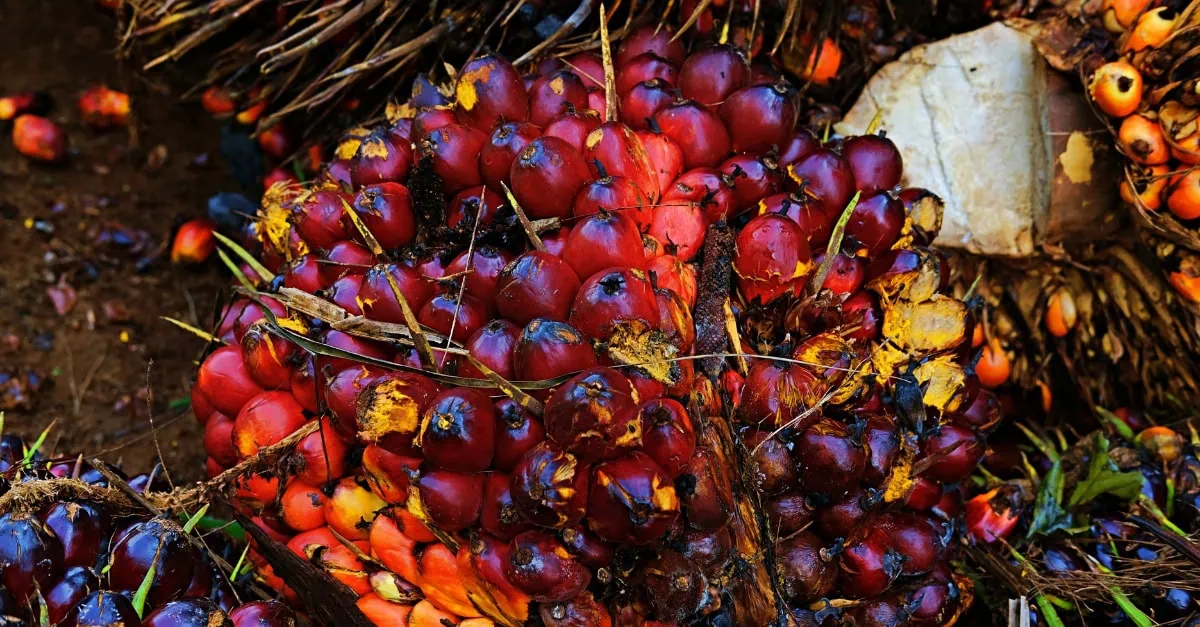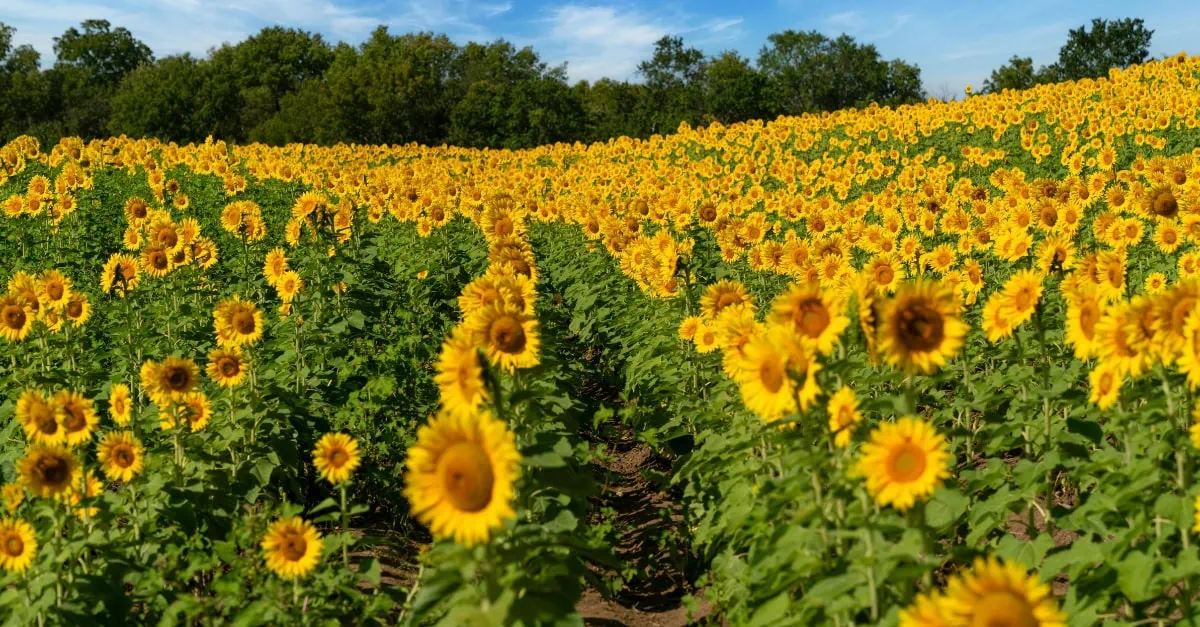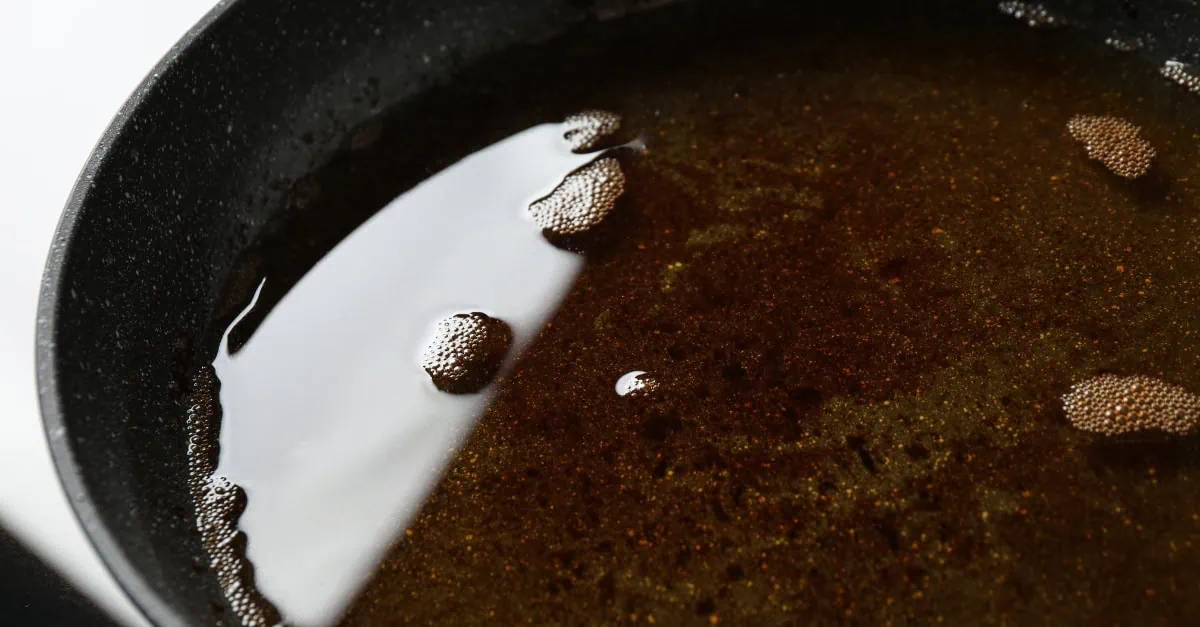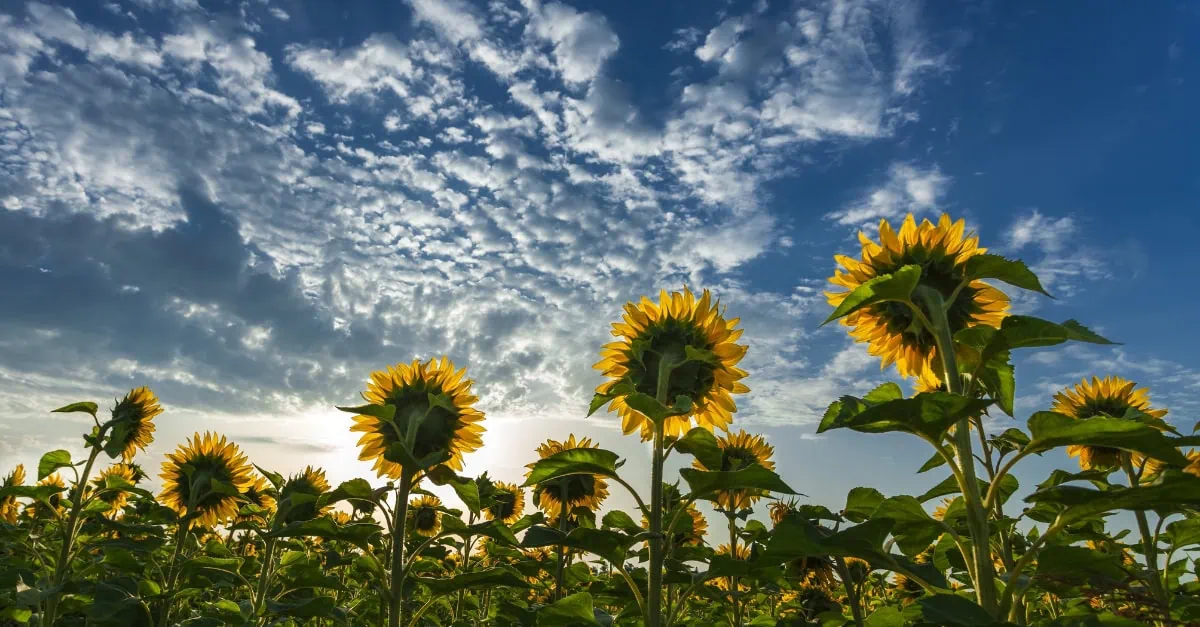Tensions between Taiwan and China have increased further this week. China conducted military exercises to intimidate Taiwan after its president visited Latin America to reinforce its ties with its allies. Tsai Ing-wen, the president of Taiwan, referred to China as “irresponsible” after it finished three days of military exercises near the island. Tsai said that the exercises, in which 91 Chinese aircraft flew into the island’s Air Defence Identification Zone, a buffer zone, produced “instability,” in a statement published on Facebook. The defence minister of Japan called them intimidating.
There were also tensions between China and Australia, but it all seems to ease down these days. At the height of their trade conflict in 2020, China levied tariffs on Australian barley of up to 80%. China imposed punitive sanctions and other import restrictions on around A$20 billion ($13.3 billion) worth of Australian products, including coal, wine, lobsters, cotton, and wine. With Beijing agreeing to review high duties on Australian barley, the latest development that suggested a reduction in trade hostilities between the two nations, Australia will drop its WTO lawsuit against China.
After reaching a peak in March 2022, food prices have been declining for a whole year, according to FAO. The FAO food price index’s average value declined by 20.5%, over the course of the year. Cereals, vegetable oils, and dairy goods saw the biggest price drops in March, while sugar and meat prices rose. The continuation of the grain agreement, which will enable Ukraine to raise supply from Black Sea ports, the improvement in the state of the EU’s winter grain crops, and the increase in production projections for Australia all contributed to the price decline.
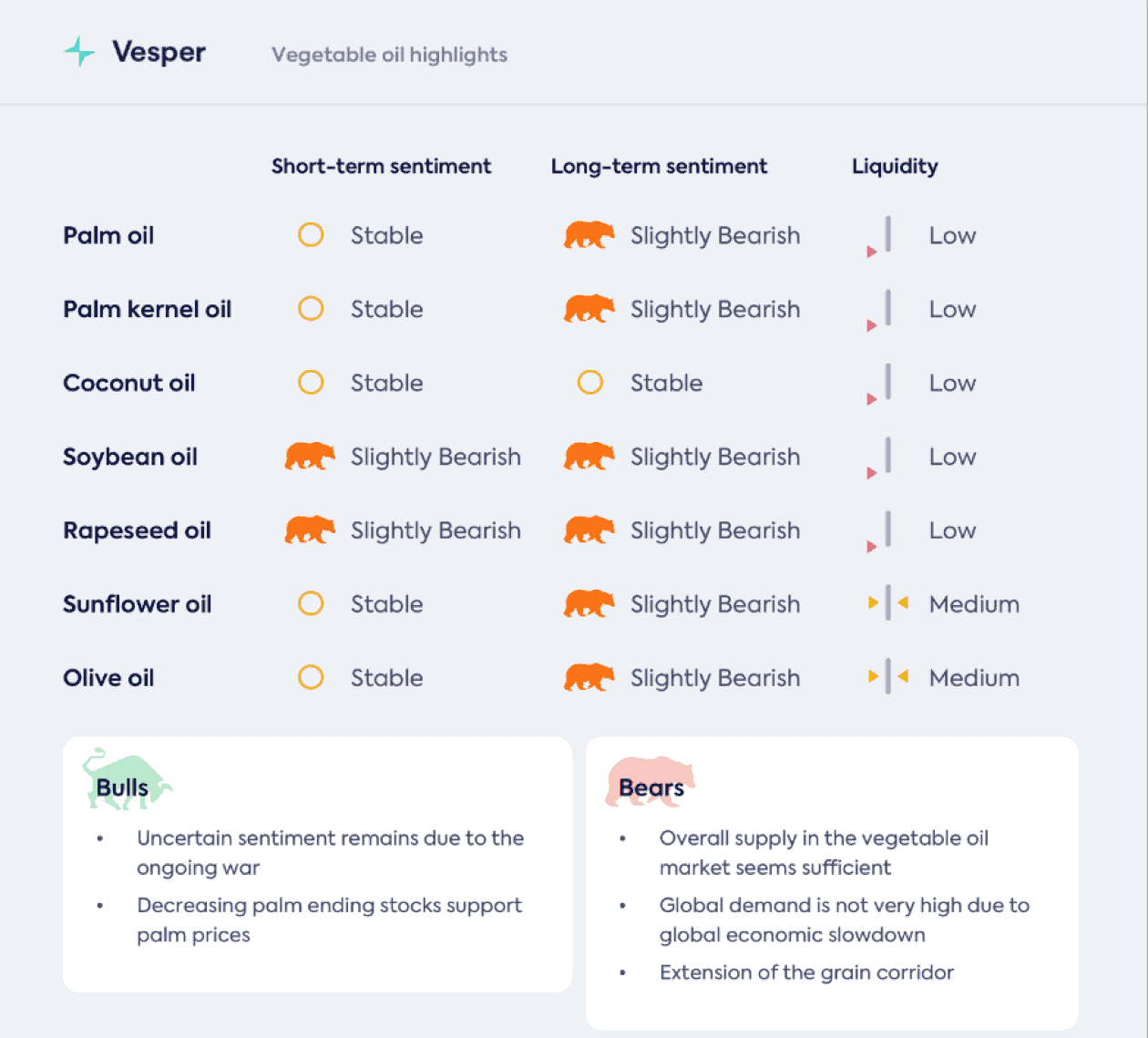
Start a free trial, no credit card required – to access the full weekly Vesper Highlights on the global oils and fats market.


